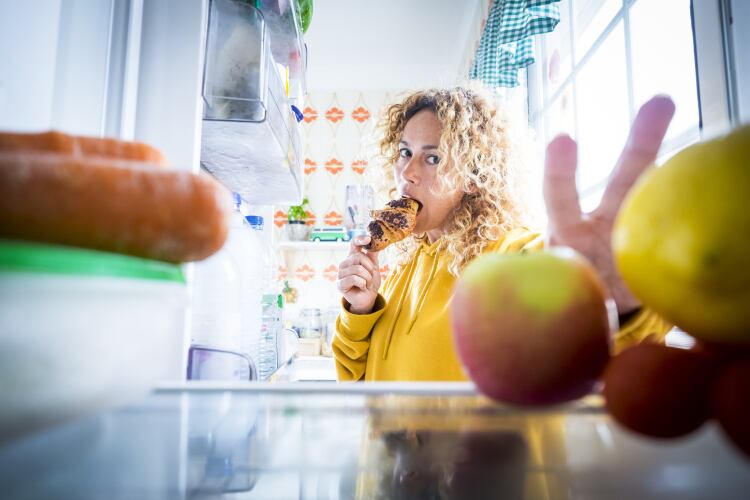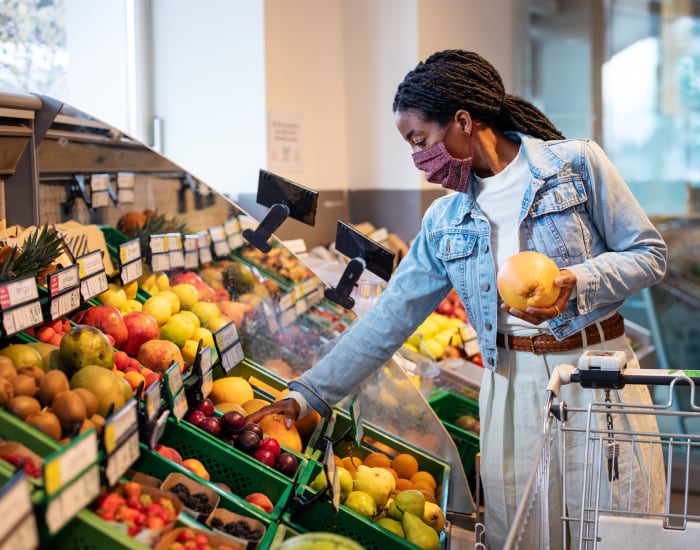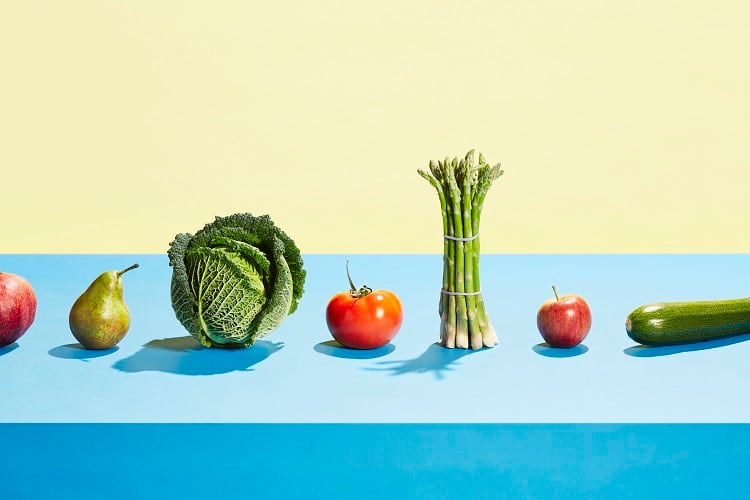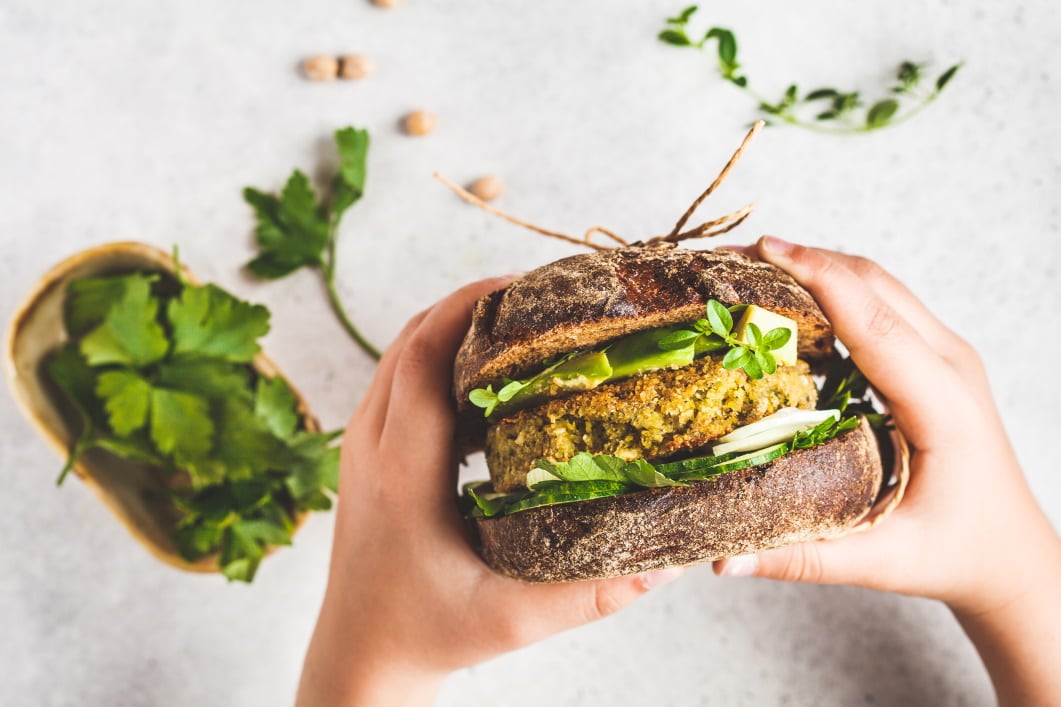According to the OECD, nearly 60% of people are overweight – of which around 25% have obesity. Measured against national guidelines, 50% of people have an ‘unhealthy diet’ while two in five people don’t eat enough fruit and veg.
It is well-documented that obesity is linked to rising rates of non-communicable diseases like some cancers, type 2 diabetes and heart disease. This carries a massive economic toll in terms of direct and indirect costs. On average, 8.4% of the health expenditure in OECD countries will be spent on obesity and related conditions between 2020 and 2050.
The OECD suggests that a 20% reduction in calorie content of calorie dense foods would add 0.5% to GDP and 1.4m additional full-time workers a year.
Beyond the economic benefits, population health gains would be significant, with 1.1m cases of NCDs avoided per year.
The upward trajectory of obesity rates can be linked to increased consumption of ultra-processed foods, according to Trish Cotter, the Global Lead of Vital’s Obesity Prevention Program. “With one-third of the world’s population overweight or obese, the only plausible explanation is the rise in ultra-processed foods,” she told FoodNavigator. “The sales figures, the obesity rates and the disease rates are all going the wrong way.”
What are ‘ultra-processed foods’?
Cotter stressed that ultra-processed foods account for a significant amount of our daily calorie intake.
According to one European study, ‘Ultra-processed foods consumption and diet quality of European children, adolescents and adults’, UPFs account for more than 50% of daily intake of saturated fats and carbohydrates and about 70% of sugar intake in European children and adolescents.
“It is becoming worse. For children to grow up in this food environment is a concern,” Cotter argued.
So, what are ultra-processed foods? According to the food policy advocate, the definition includes an ingredient list made up of more than five items, ‘many manufacturing steps’ and the presence of additives, colours or preservatives.
In simple terms, she continues, it is food that is ‘not recognisable as the source ingredient’.
“Think of a banana… it contains about 30% fibre as well as things like potassium and magnesium in one package. This is a whole food. If you buy a banana bread, it includes added sugar, emulsifiers, preservatives. You might have a little fibre but the combination of ingredients is designed to be hyper-palatable so you eat more of it.”
In this way, Cotter suggested consumers are ‘tricked’ into thinking a food may be healthier than it is.
“The global health community and researchers have focused a lot on evidence around ultra-processed food for the past ten years… but the public isn’t aware of ultra-processed food as a category that is unhealthy.”
Cotter observed that the trend towards increased UPF consumption has accelerated due to the COVID-19 pandemic.
“What the pandemic has really done is expose that people’s access to healthy and nutritious food is easily compromised,” she said.
According to the health policy campaigner, brands saw the pandemic as a business opportunity and responded by increasing their promotional activity and growing their online sales.
“It’s being fed by profits, it isn’t being fed by demand,” she insisted. “The pandemic has revealed the structural inequalities that need to be addressed to improve access to healthy food.”
Policy levers to support change
Vital Strategies wants to see global regulatory action to tackle this largely preventable health crisis. The group’s food policy work places emphasis on three policy areas: front of pack labelling, junk food and sugary drinks taxes, and marketing restrictions.
In particular, Cotter explained, FOP labelling can be used as a tool to ‘educate’ and ‘empower’ consumers. To do this, she believes there needs to be a move beyond nutrient labels – that focus on levels of a particular nutrient such as salt, fat or sugar. “What we need to be added to that is ultra-processed food.”
On taxation, Vital says efforts like a junk food tax offer a win-win approach for governments, on the one hand increasing revenue and on the other reducing consumption. Meanwhile, protecting children from the marketing of unhealthy food can be used as another lever to control and limit consumption.
All of these policy approaches need to ‘work together’. “If you look at the success of tobacco control you can pin it on a joined up approach,” Cotter suggested.
She is less optimistic that reformulation efforts – and voluntary reformulation targets in particular – will yield results.
“I’m not that confident reformulation will achieve the desired outcome… Actions from government need to be mandatory,” she insisted.
“Governments shouldn’t feel powerless to take on the food and beverage industry… Voluntary agreements don’t work. Governments need to recognise that they can’t leave it in the hands of industry, which has to be implementing policy not helping write it.”




